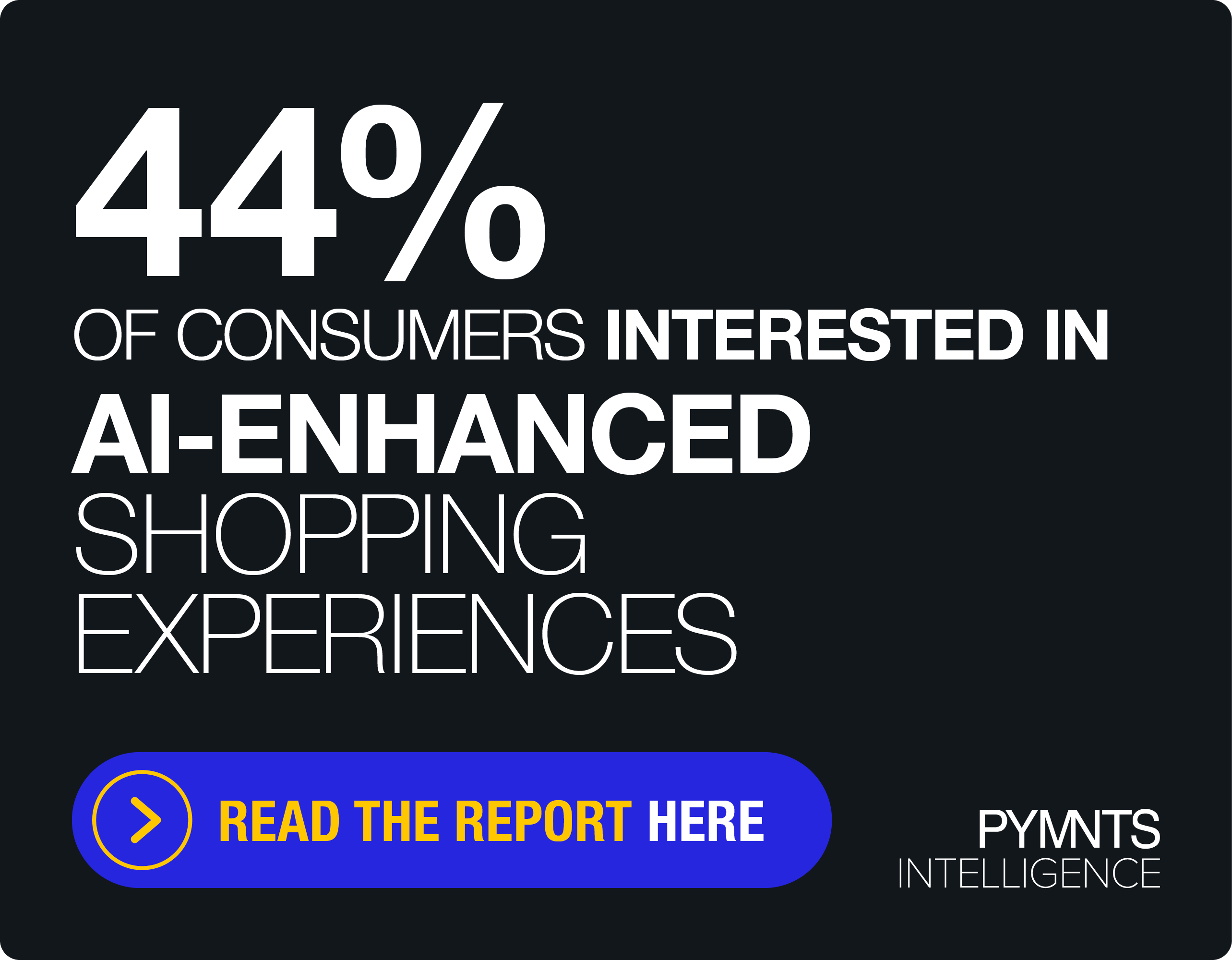PiggyVest Seeks to Boost Consumer Savings and Investment in Nigeria’s ‘Low Trust Environment’

There aren’t many FinTech start-ups born out of viral Twitter posts. But in 2015, a tweet from a woman in Nigeria who had broken open a wooden box she had saved 1,000 Naira (about $5) in every day for a year sparked a conversation around a savings solution for Nigerians, most of whom had multiple bank accounts but were not using them to save money.
“My co-founder actually brought the tweet to our group chat and that catalyzed the conversation around what a digital wooden box for young Nigerians [will] look like,” Odunayo Eweniyi, co-founder and chief operations officer at online savings and investment platform PiggyVest, told PYMNTS in an interview.
The team had an initial goal of getting to 1,000 users, but as the company grew so quickly, there wasn’t even time to celebrate this milestone. “At no point could you have asked me to project five years into the future and see that we would have almost 4 million users. I don’t think that I could have predicted that but that doesn’t mean we weren’t prepared,” explained Eweniyi.
See also: Cash Still King in Nigeria Despite Digital Drive
When PiggyVest started in 2016, there was no clear plan on how the platform would be monetized, but after attending an accelerator program in 2017, they decided on adopting an asset under management model.
“That [program] put everything into perspective for us. We’re investing as a community. The reason why people continue to use PiggyVest is because the interest offered is much, much higher than what they’ll get at a traditional bank or any other financial institution,” added Eweniyi.
While the primary revenue of PiggyVest comes from the profits made from the spread, the firm also benefits from the commission on the retail investments listed on the marketplace. A third source of revenue comes from the original wallet of the platform. “You have to save in 90-day bursts. If you don’t, we will charge a withdrawal fee from the amount you’re taking out,” explained Eweniyi.
Consumer Trust Is Key
Like any start-up seeking to challenge the status quo, PiggyVest faced challenges establishing itself and gaining the trust of customers. “Nigeria is a low trust environment, so when we launched, the response from some people was ‘why would I give you my money [when] there are 22 traditional banks [in the country]?’ ” Eweniyi said.
She acknowledged that consumers are rightfully vigilant when sending their hard-earned income to new financial start-ups that have no track record. But even as PiggyVest grew to millions of users, she said they must constantly work to maintain the trust the platform had gained.
“The way the internet is structured, rumors fly and then reputations can be damaged. It’s a daily balance to do reputational management or product marketing, and to make sure that our narrative is solely being controlled by us,” Eweniyi noted.
Working out how to navigate the regulatory environment, too, was an initial challenge for the Lagos-based firm as questions around what licenses are needed and which partnerships should be sought out are often expensive and laborious processes in an evolving and changing regulatory system.
Negotiating the market realities in Nigeria, which also include infrastructure and economic challenges, at the same time as offering users a great service and remaining profitable, is a daily balancing act for the firm, but it’s one that Eweniyi said they are equipped for surrounded by the right people, investors and team members.
In a year, their goal will be to reach the big milestone of reaching 10 million users in Nigeria and setting up in their first country outside of their home base.
“For us the journey is to go deep in Nigeria and then start to go wide, aggressively acquiring more users and becoming the digital world manager of choice for young Nigerians,” she said.
Sign up here for daily updates on all of PYMNTS’ Europe, Middle East and Africa (EMEA) coverage.
